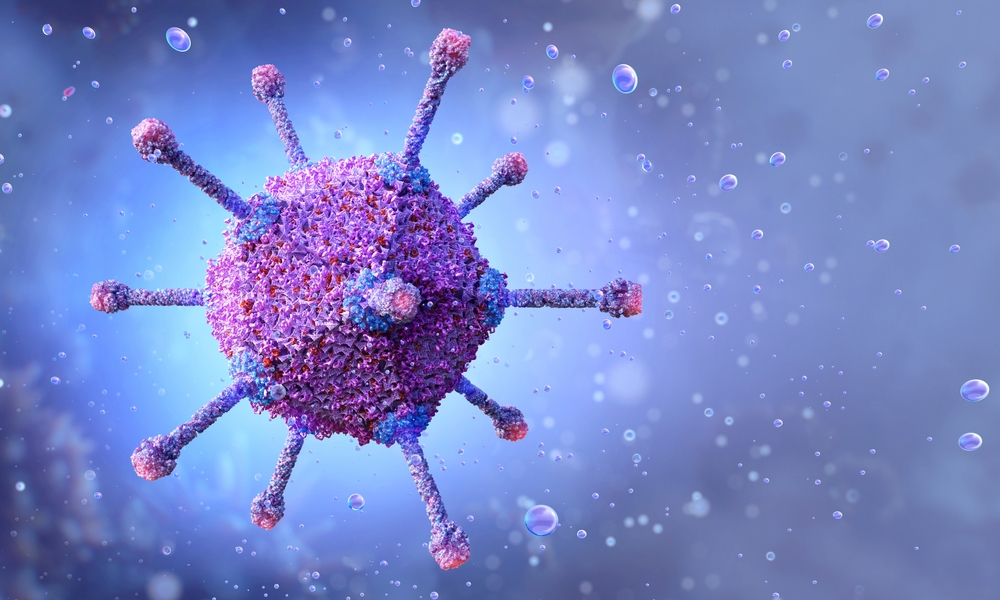The latest achievement published in Journal of Clinical Oncology showed that a common cold virus could attack deadly brain tumors to prolong patient survival after genetic modification. Researchers from the MD Anderson Cancer Center at the University of Texas have just completed clinical phase I trials and achieved gratifying results.
The surprising oncolytic adenovirus, named “DNX-2401” (Delta-24-RGD), not only specifically targets tumor cells but also has strong ability to replicate and further stimulate the host’s anti-tumor immune response.
Scientists from the MD Anderson Cancer Center launched a Phase I clinical trial of DNX-2401 that showed that the virus could significantly prolong the survival of patients with glioblastoma recurrence, with 20% of patients achieving a 3-year survival. In general, patients with glioblastoma recurrence only have a median survival of 6 months. This is undoubtedly good news.
1. The survival of 72% of patients prolonged
Thirty-seven patients with recurrent glioblastoma were recruited and divided into two groups: Group A (25 patients) were injected with the virus for evaluation of safety and efficacy; Group B (12 patients) received virus injection for 14 days and tumor samples will be collected from these patients for analysis of the mechanism of action of adenovirus.
The results showed that in group A, the tumor of 18 patients (72%) was reduced with the overall survival of 9.5 months. At the same time, tumors in 3 patients achieved a 95% reduction and progression-free survival of more than 3 years. Two of them respectively achieved a progression-free survival of 42.5 months and 36.4 months.
The result of group B showed that DNX-2401 has been proved to specifically attack cancer cells and replicate and diffuse in tumor tissues. Moreover, the therapy is less toxic and only two patients experience mild side effects associated with treatment.
2. Adenovirus stimulates the immune response
Clinical trials showed that adenovirus infection could activate the immune system to attack the tumor.
In general, glioblastoma does not attract the attention of the immune system, and few T cells can penetrate the tumor. Now, oncolytic adenovirus can kill tumor cells and disrupt the escape mechanism of the tumor against the immune system, thereby providing the latter with multiple antigen targets and finally completely destroying the tumor.
The research team is optimizing the program to add new elements to the virus and further stimulate the immune system. They also tried to evaluate the effect of this combined boost on the immune response by combining ‘smart virus bombs’ with other treatments, such as DNX-2401 + Keytruda, a popular immune checkpoint inhibitor.
This report is edited by Creative Biolabs CAR-T, a global company with great ability and experience in viral oncology. Visit our website to get more information about Oncolytic Virus and its anti-tumor efficacy.

